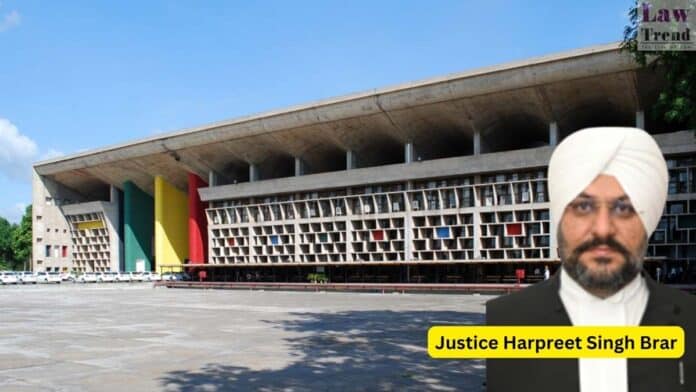The Punjab and Haryana High Court has ruled that the conviction of an employee under Section 138 of the Negotiable Instruments Act, 1881 (NI Act) for a cheque issued in a personal capacity does not constitute an offence involving “moral turpitude.” A Bench of Justice Harpreet Singh Brar quashed the dismissal orders of a deceased
To Read More Please Subscribe to VIP Membership for Unlimited Access to All the Articles, Download Available Copies of Judgments/Order, Acess to Central/State Bare Acts, Advertisement Free Content, Access to More than 4000 Legal Drafts( Readymade Editable Formats of Suits, Petitions, Writs, Legal Notices, Divorce Petitions, 138 Notices, Bail Applications etc.) in Hindi and English.




